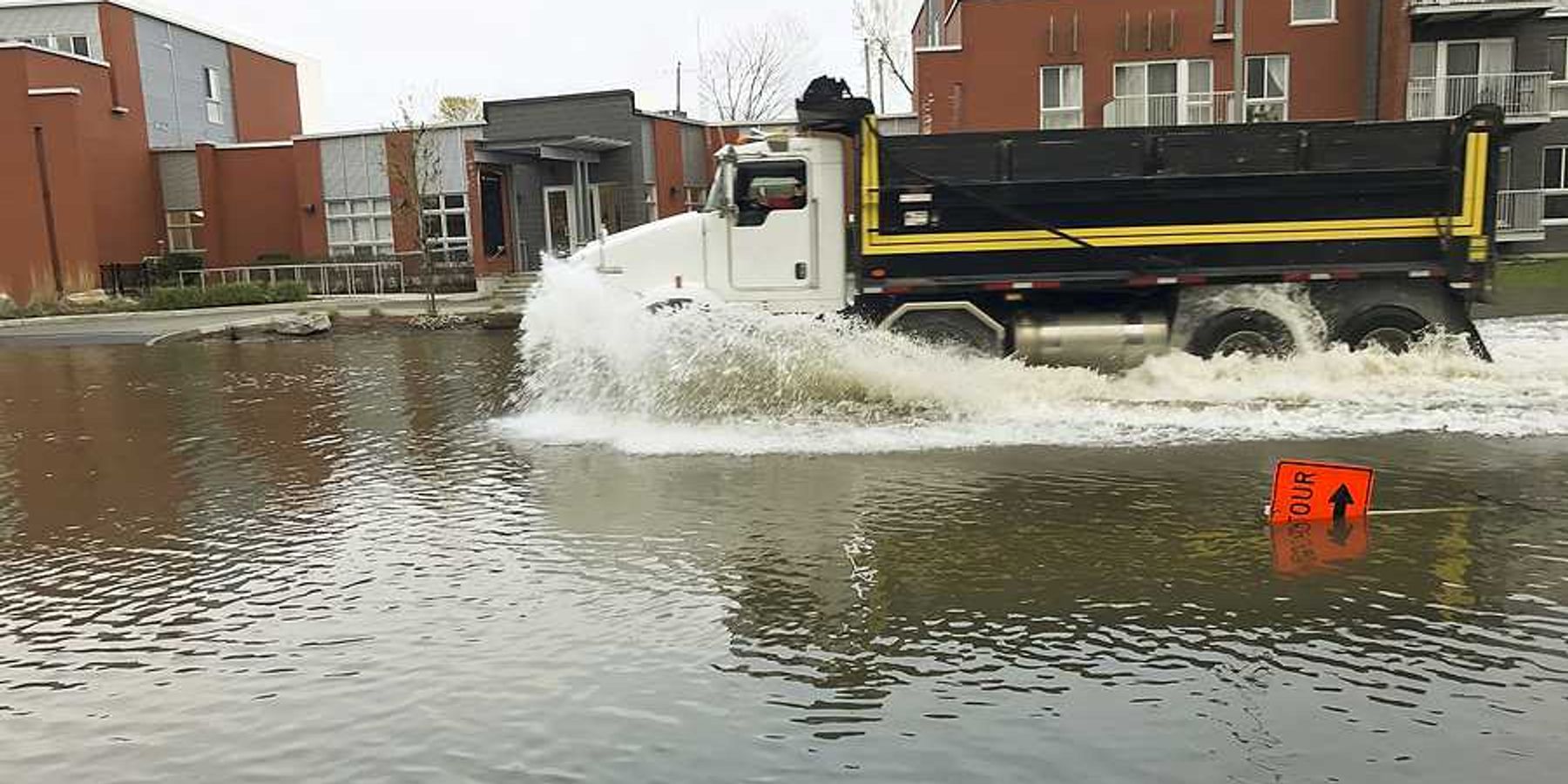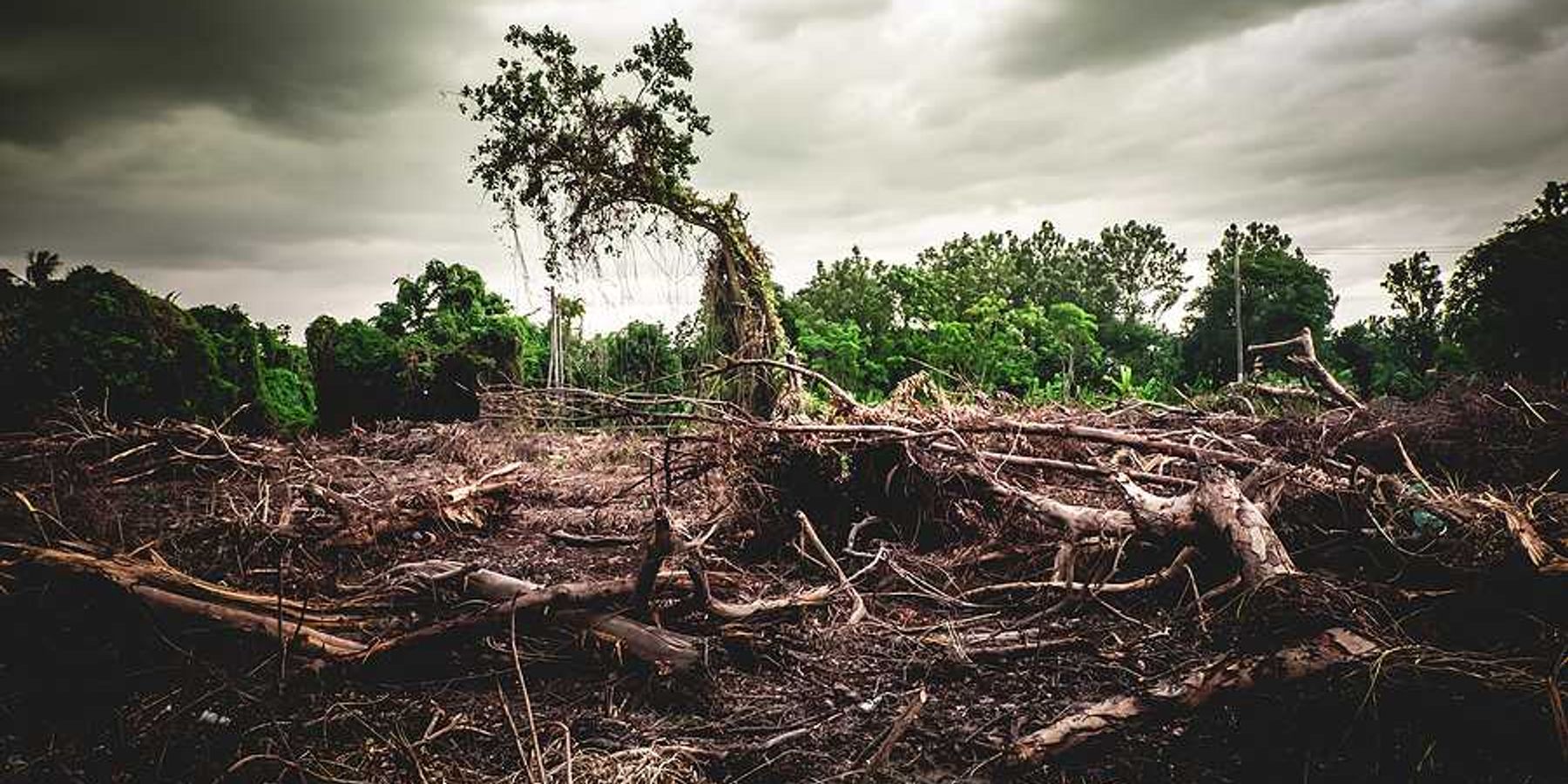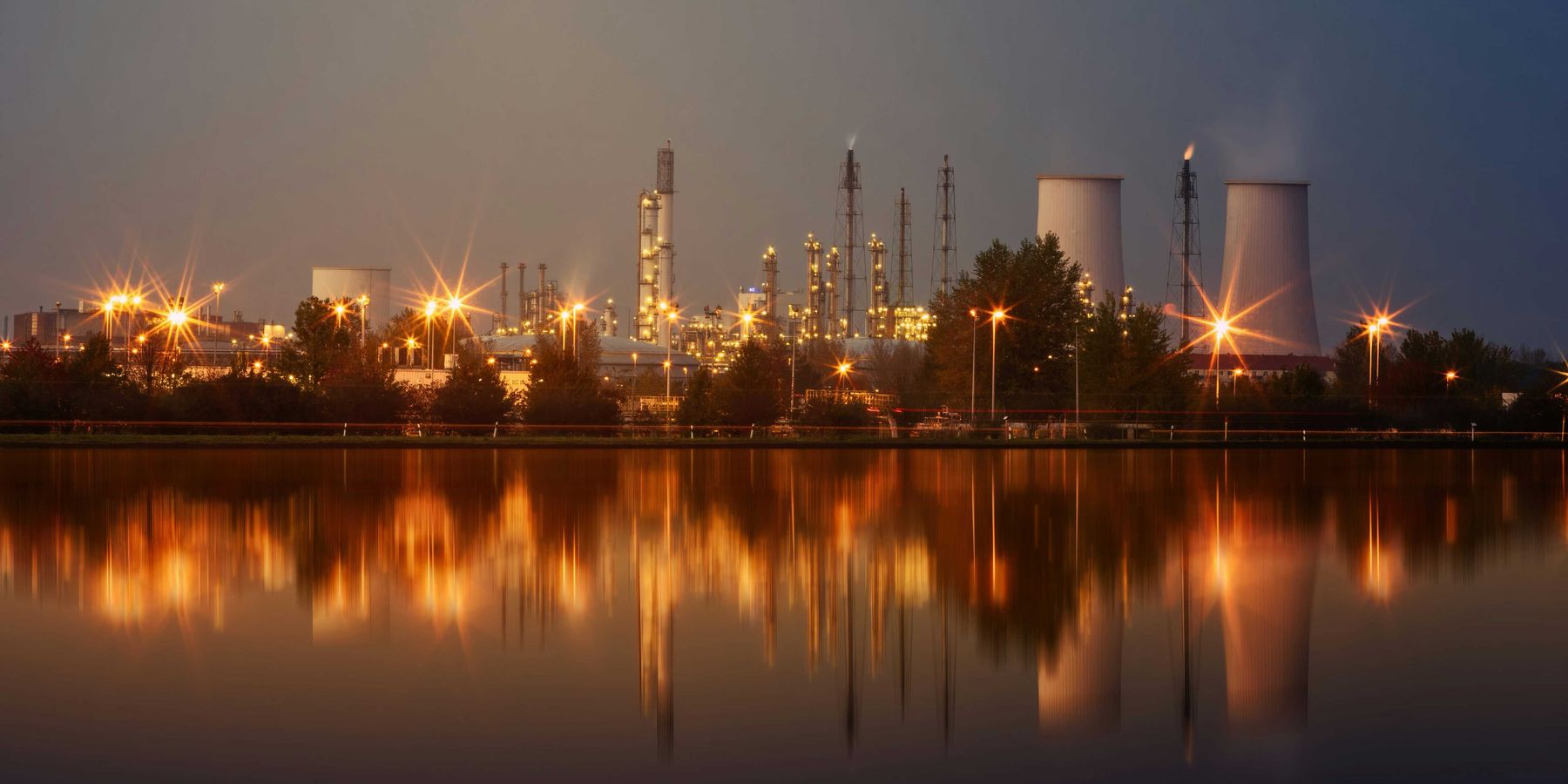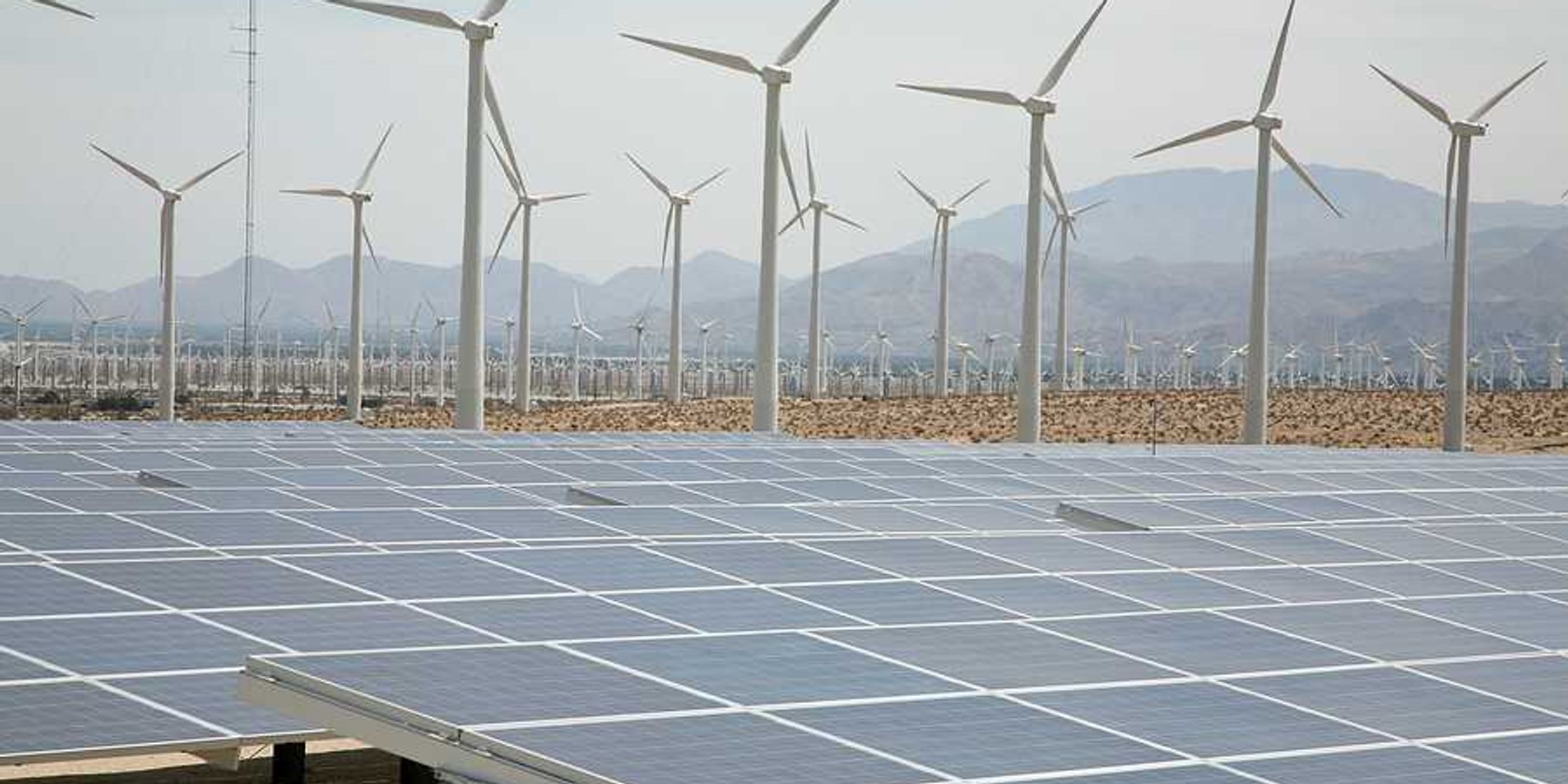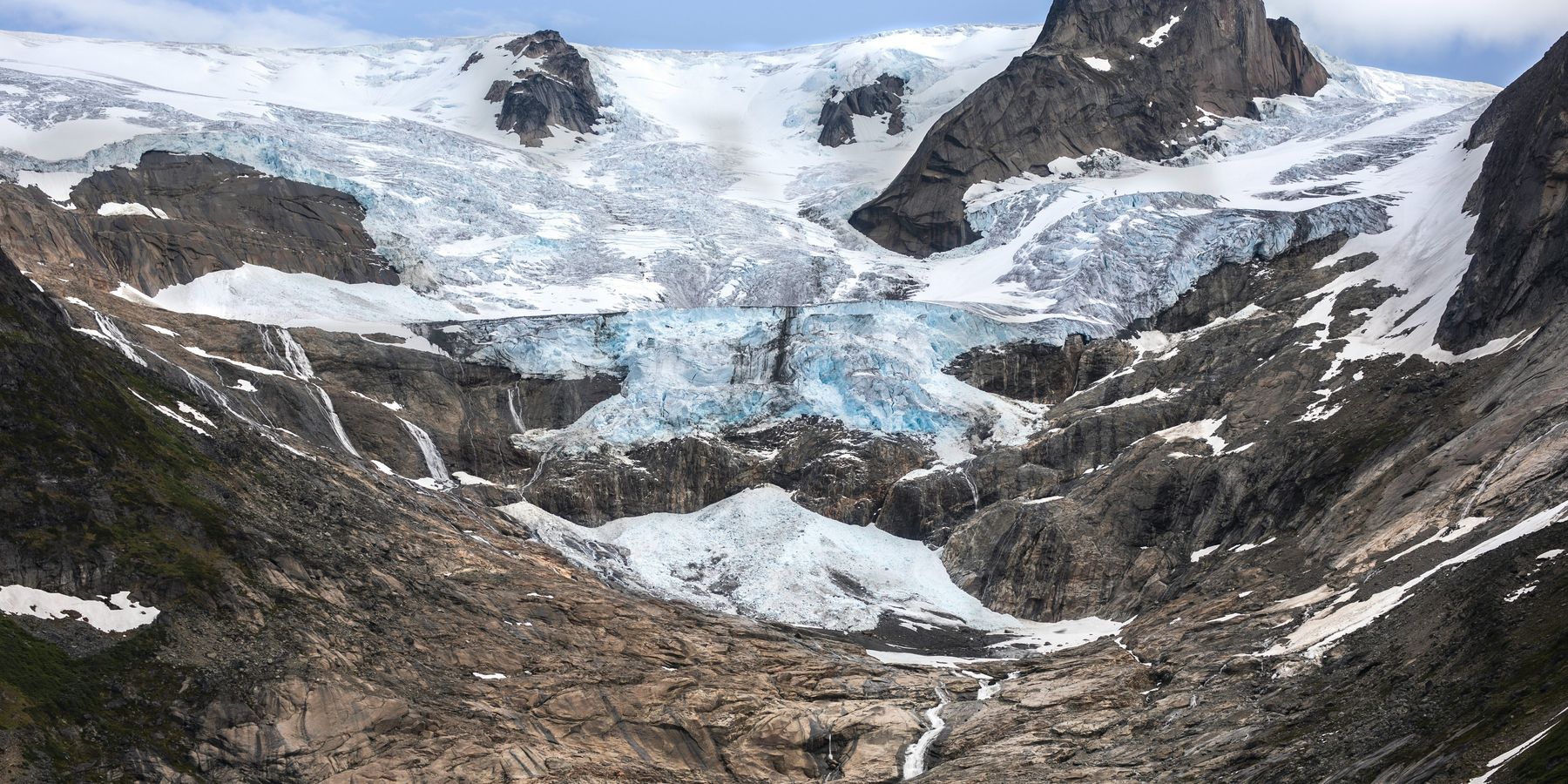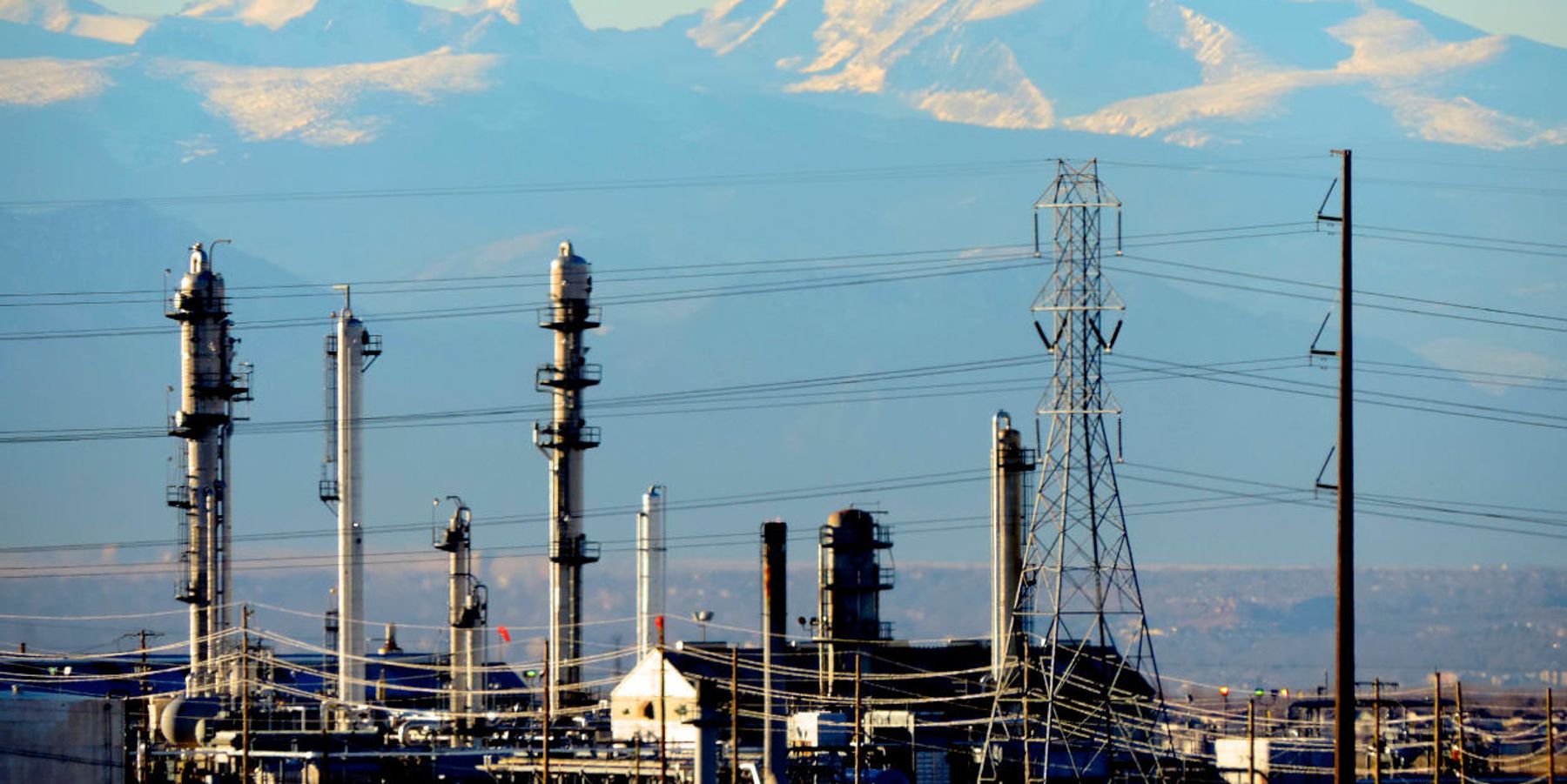
Living near oil and gas wells linked to increase in cardiovascular disease: Study
Those near more intense oil and gas development showed higher blood pressure, changes in the stiffness of blood vessels, and markers of inflammation.
People who live near oil and gas operations are more likely to have early indicators of cardiovascular disease than those who don't, according to a recent study.
Cardiovascular disease resulted in 900,000 deaths in 2016, and is the leading cause of mortality in the U.S. and more than 17.4 million Americans now live within one mile of an active oil and gas well.
The small pilot study, which was published in the journal Environmental Research on December 6, found that those who live in areas with more intense oil and gas development, including fracking, showed more early signs of cardiovascular disease including high blood pressure, changes in the stiffness of blood vessels, and markers of inflammation.
Researchers at the Colorado School of Public Health examined 97 relatively healthy adults living in an area of Northeastern Colorado with pockets of dense oil and gas activity, including extensive truck traffic, pipelines, and both fracking and traditional well pads.
"To date most of the research on the health impacts of oil and gas development has used data from existing health registries," lead author and assistant research professor at the Colorado School of Public Health Lisa McKenzie told EHN. "For this study, we actually went out and took direct measurements from people, which meant we knew a lot more about them."
Study participants were selected carefully: None of them smoked or had jobs that exposed them to dust, fumes, solvents or oil or gas development activities, and none had histories of diabetes, chronic obstructive pulmonary disease or chronic inflammatory diseases like asthma or arthritis. Throughout the study, they were regularly asked about their stress levels and recent life events in an attempt to ensure that researchers would be made aware of any factors that could influence test results.
Each participant made three visits to the researchers' clinic over a nine-month period to be tested for signs of cardiovascular disease including higher blood pressure, markers of inflammation, and changes in the stiffness of their arteries—referred to as the "augmentation index."
"We found that people living in the areas with the highest levels of oil and gas activity around their homes had a higher augmentation index by about 6 percent," McKenzie explained. "For blood pressure, we didn't notice too much of a difference when we looked at everyone, but when we looked only at people not taking any prescribed medication, we did observe higher blood pressure among those living in areas with the most oil and gas development."
In a standard blood pressure reading, the top number is systolic blood pressure (the highest pressure when your heart beats and pushes the blood round your body), and the bottom one is your diastolic blood pressure (the lowest pressure when your heart relaxes between beats), both of which are measured in millimeters of mercury (mmHg). Among study participants not taking any prescribed medication, the researchers observed a difference of about 6 mmHg in systolic blood pressure, and about 4 mmHG for diastolic blood pressure—a change that could mean the difference between having blood pressure that's within a healthy range or is considered high.
McKenzie noted that previous research conducted in Pennsylvania has linked proximity to oil and gas operations with both increased hospitalizations for cardiac complaints, and with stress and depression.
"One thing we've observed is that noise near these sites as they're being developed often reaches levels that could impact cardiovascular health," McKenzie said. "But we don't know whether these increases we saw were caused by excess noise, particulate matter pollution, stress, or something else."
She and her team would next like to do a study in which they follow more people over a longer period of time while fracking and oil and gas operations are being developed near their homes.
"This was a small pilot study," she said, "but the fact that we're seeing this potential connection between cardiovascular diseases and living around oil and gas development suggests that we really do need more research on this."

